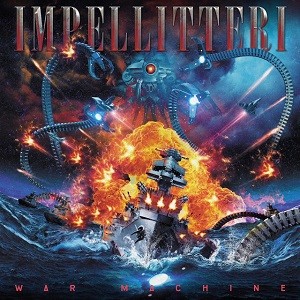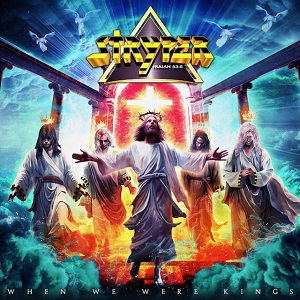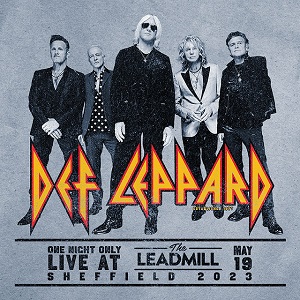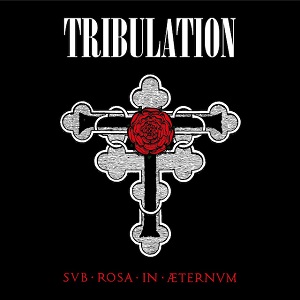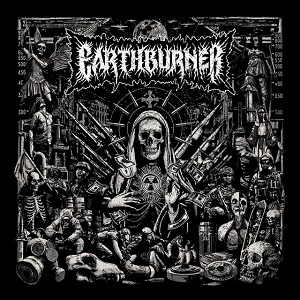SOUNDGARDEN Singer Chris Cornell Looks Back At The Grunge Phenomenon
September 16, 2011, 13 years ago
Billboard.com has a new Q&A; with SOUNDGARDEN singer Chris Cornell who talks about the rise of Seattle music, signing to a major, and the lessons learned. A few excerpts follow:
Billboard.com: When did the Seattle scene shift, get bigger?
Cornell: "Soundgarden signing to a major, then MOTHER LOVE BONE, and seeing the same happen to ALICE IN CHAINS. We were all suddenly making music and recording at the same time, and we had money to do it. It wasn't like a $2,000 recording that you do over a weekend. It's like, 'Wow, maybe this will be our job.' I remember hearing songs from the Mother Love Bone album, and hearing Alice in Chains, and feeling like this is more than just a fad or moment. I remember the first time I heard NIRVANA's demo cassette that became Bleach, and feeling that there was a lot of great music here. I think we were spoiled at first, and didn't realize it until we toured. We did some van tours when our Sub Pop EP (Screaming Life) came out. We went to a lot of other cities that were known for having these amazing indie-rock scenes - Minneapolis, Athens, New York. We didn't see in many of those places what we thought we had at home. I realized we had something special. We kind of pushed each other. It was friendly, but there were rivalries in a sense. If there's a whole bunch of good bands, it forces you to up your game a little bit."
Billboard.com: When did the scene die down?
Cornell: "The core of the real scene died as soon as everybody was out touring, whether it was a major label or indie. Once bands were out traveling, they weren't at home anymore. That particular club scene was over -- morphed into something else. I remember coming back from tour and seeing a late-'60s Dodge in front of one of the clubs that we used to play. These guys got out, and the car had Minnesota plates on it. They opened their trunk and were changing their clothes from bags they had in there. You realized that Seattle had almost become the Sunset Strip, because there were people coming from all over the world to move there and start bands. It happened really quickly. By '92. Our soundman had a rehearsal space with 14 different spaces inside of it in an old winery. And I think by the end of '93 or '94, he had 75 rehearsal spaces. The bands at the beginning of the scene were all busy and we were all out of Seattle -- it was gone. A lot of clubs opened up. Another thing I think was always misunderstood is the idea that part of the scene was this great club scene, and that there were a lot of great clubs to play. But that wasn't true. There was a couple. It was really the music that was vibrant. A lot of clubs that catered to music and bands opened up after that, which was really great. But it became different. It changed."
Read the entire interview here.







